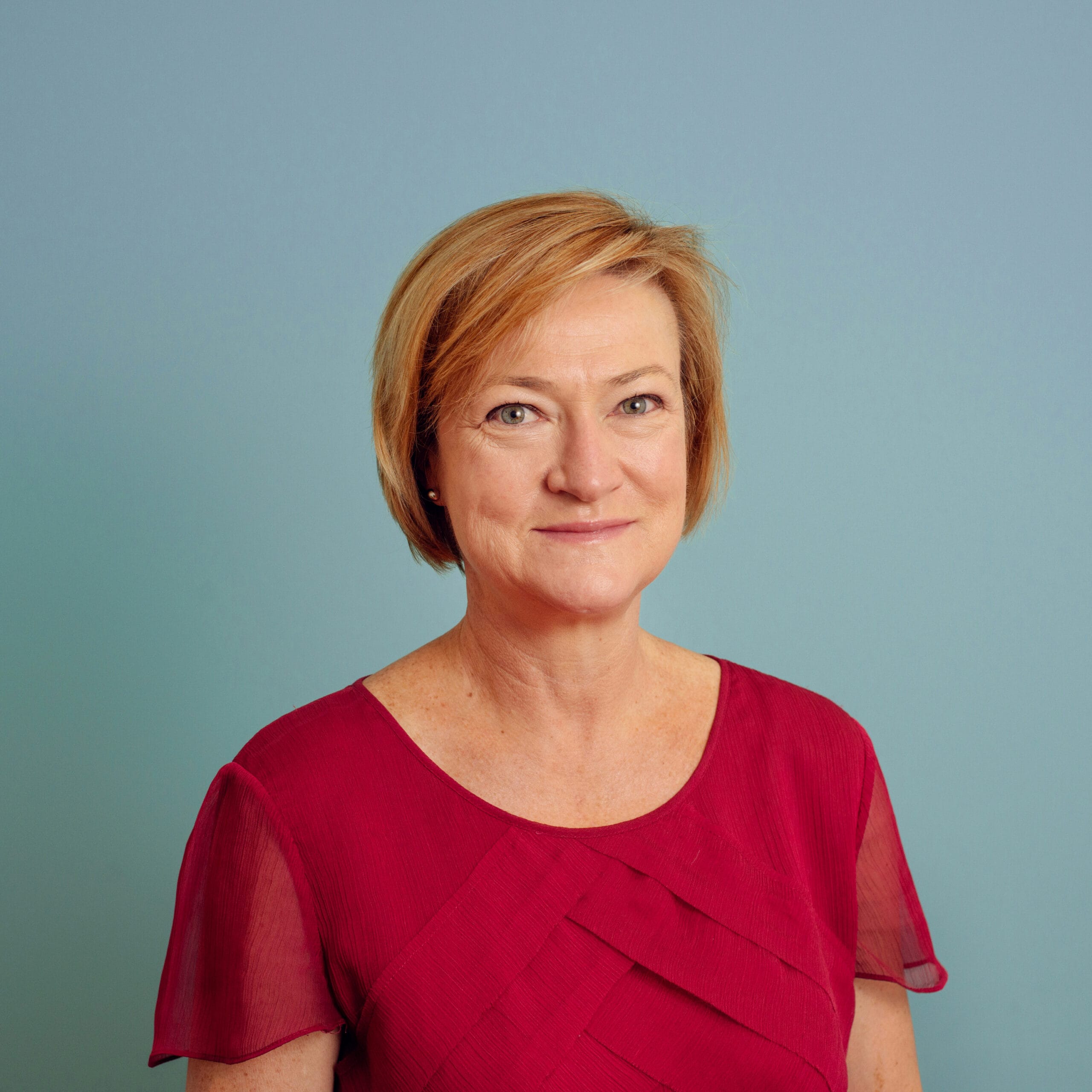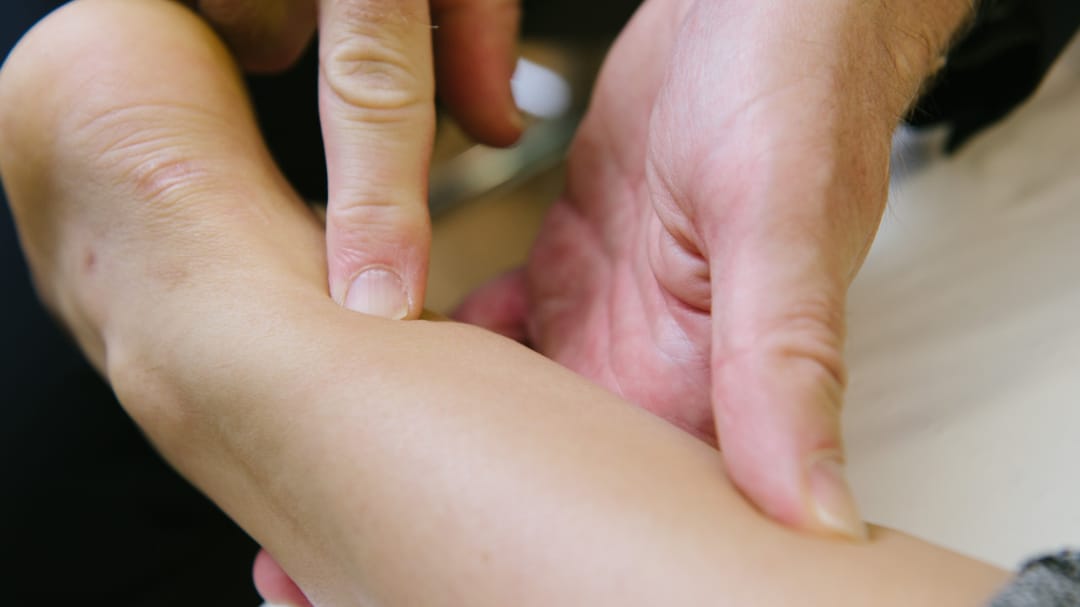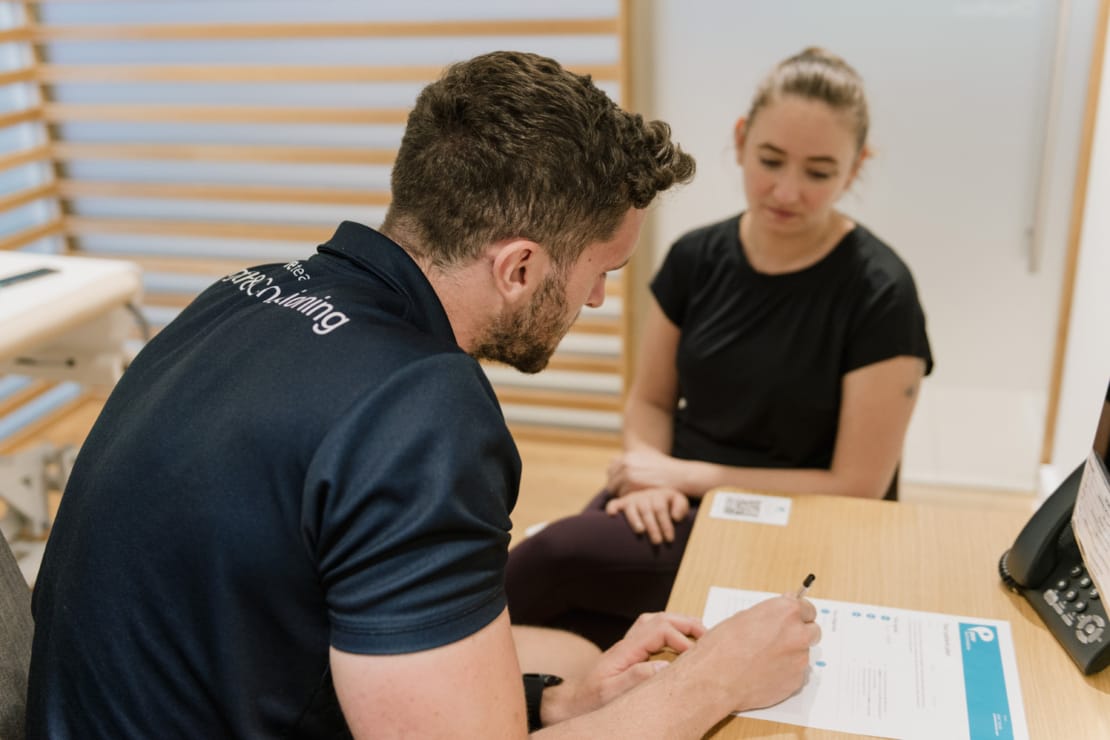Predicting Recovery Time Following Concussion: Are We Any Closer?

Claire Small
Chief Clinical Officer & Consultant Physiotherapist
- 26 February, 2018
- Concussion Clinic
- 4 min read
Predicting Recovery Time Following Concussion: Are We Any Closer?
In this week’s concussion blog, we’re going to consider whether there are objective signs available that would help us to predict recovery time following concussion. Concussion is a notoriously difficult injury to provide a prognosis for.
Studies show that neurocognitive testing and symptom clusters may predict protracted recovery in concussed athletes, but at present, the evidence is patchy and contradictory.
Sufrinko and colleagues set out to establish which acute vestibular, oculo-motor, neurocognitive, and symptom impairments predict a prolonged recovery from concussion and looked to establish the test battery that would provide the most accurate prognosis for recovery.
Sufrinko AM, Marchetti GF, Cohen PE, Elbin RJ, Re V, Kontos AP. Using Acute Performance on a Comprehensive Neurocognitive, Vestibular, and Ocular Motor Assessment Battery to Predict Recovery Duration After Sport-Related Concussions. Am J Sports Med. 2017 Feb 1:363 [Epub ahead of print]
Within sports medicine, one of the most important and pressing questions that we’ll be asked by athletes and coaches following injury is ‘when will they be available again?’ As clinicians, we’ve become pretty good at giving predictions on recovery time for most musculoskeletal injuries. With concussion, it’s more of a ‘how long is a piece of string’ answer. We know that 80-90% of concussions will recovery within 7-10 days(3), and the graduated return to play is conveniently (some would say cynically) timed to return an athlete to match play the following Saturday. So what about the other 10-20%?
Many factors have been associated with prolonged recovery from learning difficulties, from having a higher symptom score to being female or having on field signs of dizziness(1,2). None of these factors have so far been able to give us any idea of time frames, though and in many cases, their validity has been refuted.
Sufrinko and colleagues conducted a prospective cohort study on sixty-nine patients aged between 12 and 22 years who presented to a sports medicine clinic with sports concussion. Athletes came from American football, ice hockey, volleyball, Association rules football, basketball and martial arts, and self-referred to the clinic.
Central to this study is that all patients were assessed within seven days of injury, which was hypothesised to provide more sensitive results while the patient remained in the acute phase of injury.
Each patient was assessed using the standardized post-concussion symptom report (PCSS), neurocognitive testing (ImPACT), clinical interview, and vestibulo-ocular motor screening (VOMS). All patients were followed up until they were deemed to have clinically recovered from the concussion and met return to play criteria.
Results
Patients were split into three groups- recovery <14 days (n=27, 39.1%), 15-29 days (n=25, 36.2%) and 30-90 days (n=17, 24.6%). There was no reported difference in outcome related to loss of consciousness, age, sex, concussion history or history of migraine.
ImPACT
All post injury neurocognitive scores were predictors for prolonged recovery however, scores for visual motion speed were the highest univariate indicator for prolonged recovery (<14 days v 30-90 days) for neurocognitive testing (OR, 0.86, P=0.001) (38.6 <14, 29.50 30-90 days).
A recovery of 15-29 days relative to 14 days was predicted by visual motor speed (OR, 0.91, P=0.015) and reaction time (OR, 2.28, P=0.029)
VOMS
All VOMS scores were significant predictors of a recovery time of 30-90 days in univariate analysis but not after being entered in a backward regression. The strongest association was observed for smooth pursuit (OR, 1.50; P =0.001).
A recovery of 15-29 days was predicted by smooth pursuit (OR, 1.25 P =.036), horizontal saccade (OR, 1.31 P= 0.013), and vertical saccade (OR, 1.22, P = 0.035).
PCSS
Cognitive-migraine-fatigue is defined broadly as headache, dizziness, fatigue, drowsiness, sensitivity to light, sensitivity to noise, feeling slowed down, feeling mentally foggy, difficulty concentrating, difficulty remembering and had an association with prolonged recovery of 30-90 days of cognitive (OR, 1.21, P=0.001)
Discussion
Higher scores on the cognitive migraine fatigue score assessment and lower scores on the visual motion score assessment are strong predictors for a prolonged recovery in athletes following concussion
A test battery of visual motor speed and cognitive-migraine-fatigue symptoms within the first 7 days following concussion was 87% accurate at identifying patients with a recovery time of 30-90 days. Although this doesn’t provide the level of information on length of recovery that we might hope to gain from a musculoskeletal injury, it is enough information to tell a player or coach that they’re likely looking at a longer recovery period. Doing so gives us the opportunity to manage expectations.
Clearly, a lot more research needs to take place before we can accurately predict the length of recovery following concussion, but this study takes a step in the right direction and probably gives us a bit more information than we had previously.
Stay in touch:
Twitter: @Theo_Farley
Email: [email protected]
References
- Corwin DJ, Zonfrillo MR, Master CL, Arbogast KB, Grady MF, Robinson RL, Goodman AM, Wiebe DJ, J Pediatr. Characteristics of prolonged concussion recovery in a pediatric subspecialty referral population.2014 Dec;165(6):1207-15.
- Mannix R, Monuteaux MC, Stein CJ, Bachur RG Early symptom burden predicts recovery after sport-related concussion. Meehan WP 3rd, Neurology. 2014 Dec 9;83(24):2204-10
- McCrory P, Meeuwisse WH, Aubry M, Cantu RC, Dvořák J, Echemendia RJ, Engebretsen L, Johnston K, Kutcher JS, Raftery M, Sills A, Benson BW, Davis GA, Ellenbogen R, Guskiewicz KM, Herring SA, Iverson GL, Jordan BD, Kissick J, McCrea M, McIntosh AS, Maddocks D, Makdissi M, Purcell L, Putukian M, Schneider K, Tator CH, Turner M. Consensus statement on concussion in sport: the 4th International Conference on Concussion in Sport, Zurich, November 2012. J Athl Train. 2013 Jul-Aug;48(4):554-75

Advice
Over the last 20+ years our experts have helped more than 100,000 patients, but we don’t stop there. We also like to share our knowledge and insight to help people lead healthier lives, and here you will find our extensive library of advice on a variety of topics to help you do the same.
OUR ADVICE HUBS See all Advice Hubs

